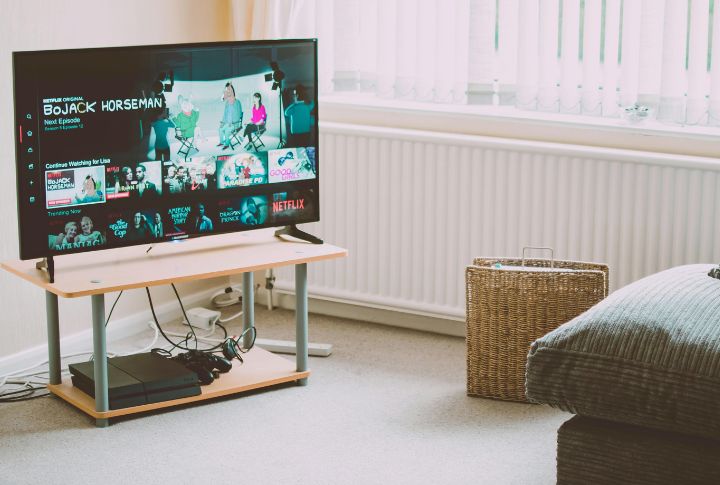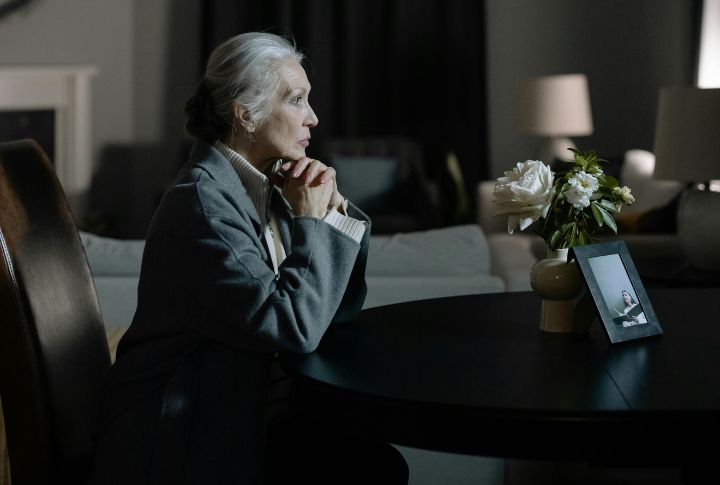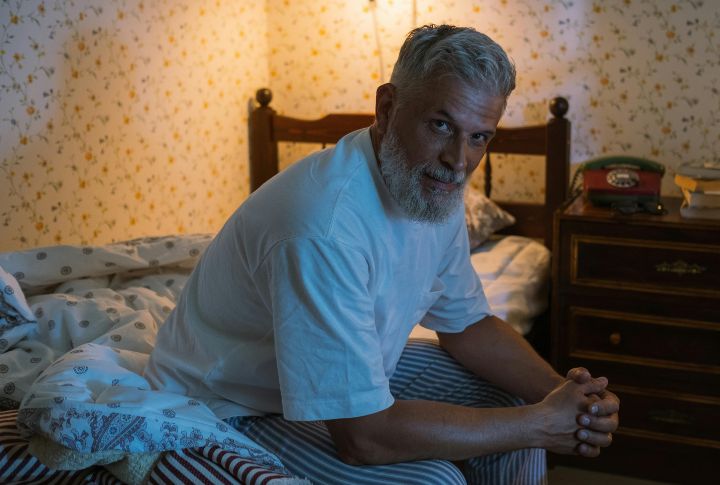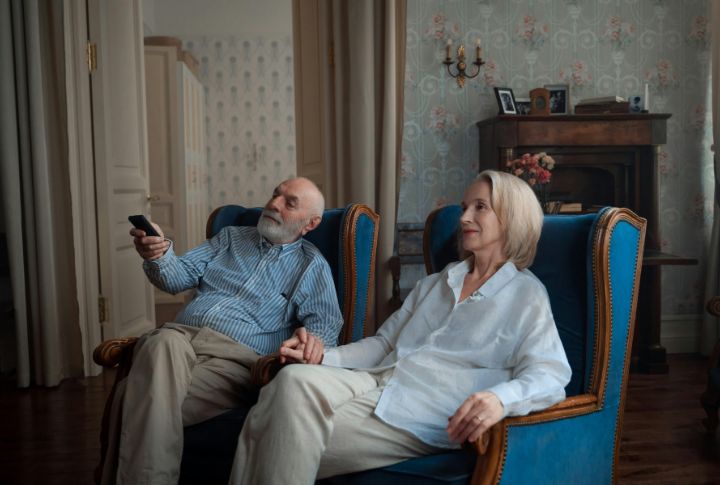
Your parents probably told you screens before bed were bad growing up. Plot twist: now they’re the ones who can’t sleep without “Jeopardy” playing in the background. The irony is rich, but their attachment to late-night television runs deeper than hypocrisy. Something about that familiar blue glow works differently as we age. Let’s understand why older adults sleep to their favorite shows.
TV Masks Environmental Noise

The consistent audio from television programming helps older adults block out unwanted environmental sounds at bedtime. While natural sounds like rainfall provide better sleep benefits, many find comfort in TV noise. This familiar background sound creates a protective barrier against sudden disturbances that might interrupt sleep.
Creates A Sense Of Companionship

Well-known voices and characters on TV activate the brain’s social and emotional recognition pathways, making viewers feel as if someone is present. It lowers loneliness and anxious thoughts, quiets the mind, and signals that it’s okay to relax into sleep.
Reduces Anxiety Before Bed

TV gives older adults a simple way to calm pre-bedtime jitters. Whether it’s a soothing nature documentary or a travel show, the gentle content helps push daily worries aside. Many pair this with a cup of herbal tea, thereby creating a relaxing ritual that reveals it’s time to unwind.
Acts As A Distraction From Pain

When chronic pain flares up at night, TV provides seniors with something else to focus on. Instead of dwelling on the discomfort, they can shift their attention to an engaging program. It’s a simple distraction technique that genuinely helps take the edge off those persistent aches.
Supports Sleep Routines

Television allows older adults to establish a reliable bedtime routine. Tuning in to familiar programs at a set time trains the body to recognize when sleep is approaching. That consistency is key—your brain learns to associate TV time with winding down, which makes it easier to drift off afterwards.
Fills Silence That Feels Unsettling

Complete silence at night can be unnerving, especially when you’re alone with your thoughts. The television fills that void, creating a comforting audio backdrop that makes the bedroom feel less empty. Continuous sounds from the TV act as a comforting layer that softens the silence.
Encourages Mind Wandering

There’s something about a slow TV show that lets your mind just drift. For older adults, that gentle background noise creates the perfect environment where thoughts can wander freely. It’s less about watching and more about letting your brain ease into that drowsy, relaxed state.
Blocks Negative Thoughts

TV becomes a mental gatekeeper for many older adults at night. Instead of lying there while negative thoughts dominate, they can channel their attention toward programming. This simple redirection makes a real difference when your mind wants to fixate on problems right when you need rest.
Provides Gentle Light Cues

The soft glow from a TV screen provides a more soothing atmosphere than harsh overhead lights. Many seniors find this gentle illumination actually helps them relax before sleep. It’s not bright enough to keep you alert, but it’s enough to make the room feel calm and comfortable.
Triggers Positive Nostalgia

Classic shows often transport viewers to comforting memories of youth or family time. That warm sense of nostalgia releases dopamine and lowers cortisol, both of which support relaxation. The emotional safety tied to familiar television moments helps many seniors fall asleep with a smile.

